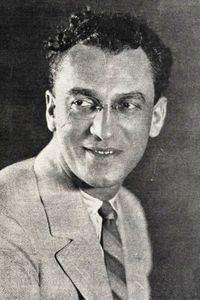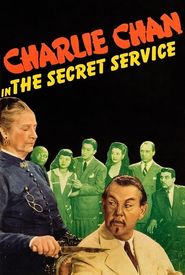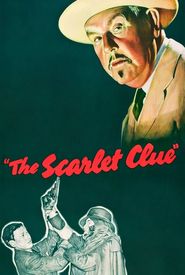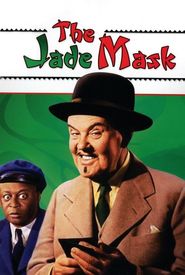Russian-born Phil Rosen started his cinematic journey as a cameraman during the silent film era, gradually advancing to directing. He was a highly esteemed director during the silent era, as exemplified by the fact that when Metro-Goldwyn-Mayer (MGM) fired Josef von Sternberg from Exquisite Sinner in 1926 due to his extravagance, slow shooting schedule, and disregard for the budget, the studio appointed Rosen to re-edit, re-shoot, and refine the film, and by most contemporary accounts, he performed an outstanding job.
However, similar to many of his peers from the period, the success he enjoyed during the silent era did not translate to the talking pictures era, and Rosen spent most of the remainder of his career producing low-budget, B-grade films for companies like Monogram, PRC, and the bottom-of-the-barrel states-rights market.












































































